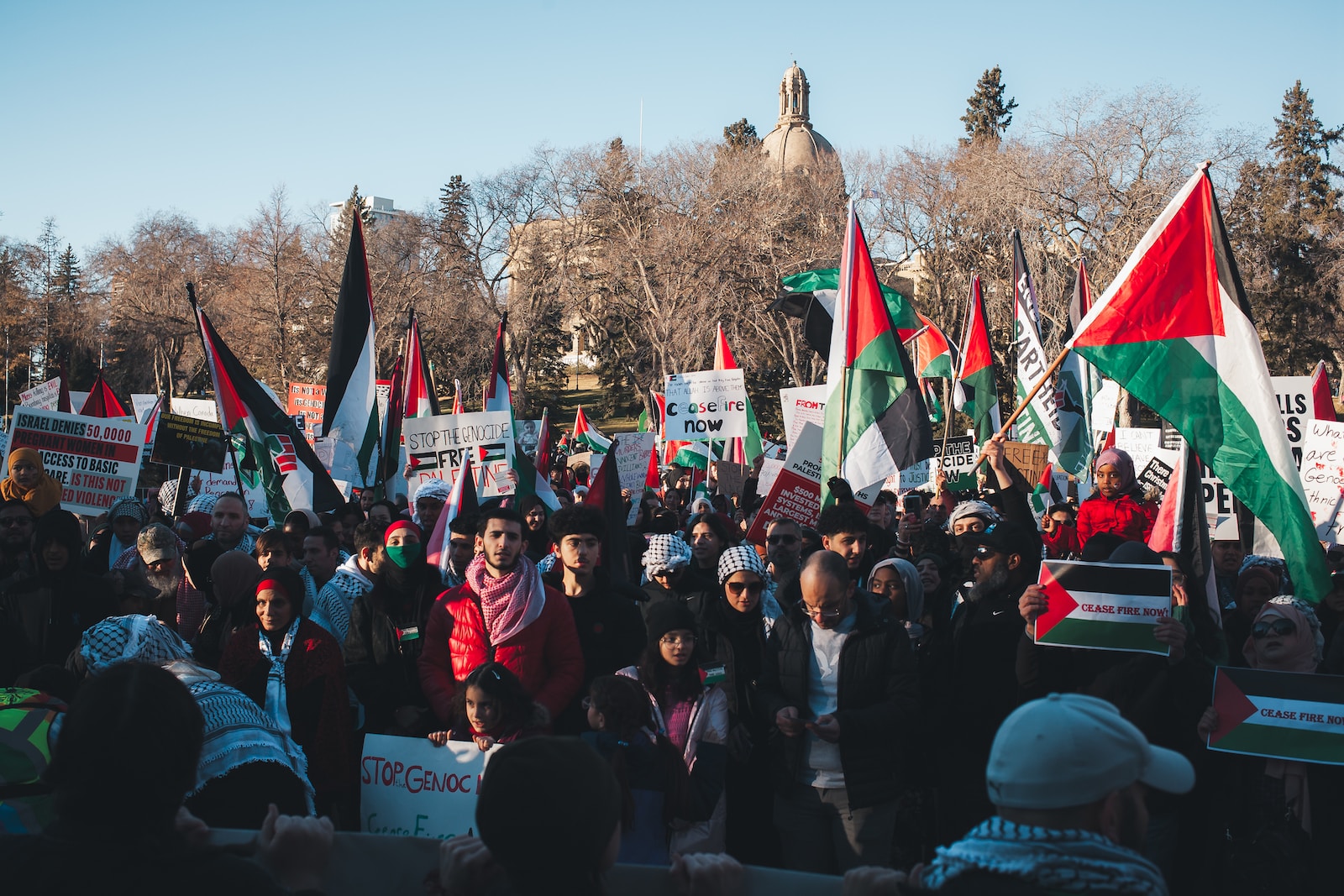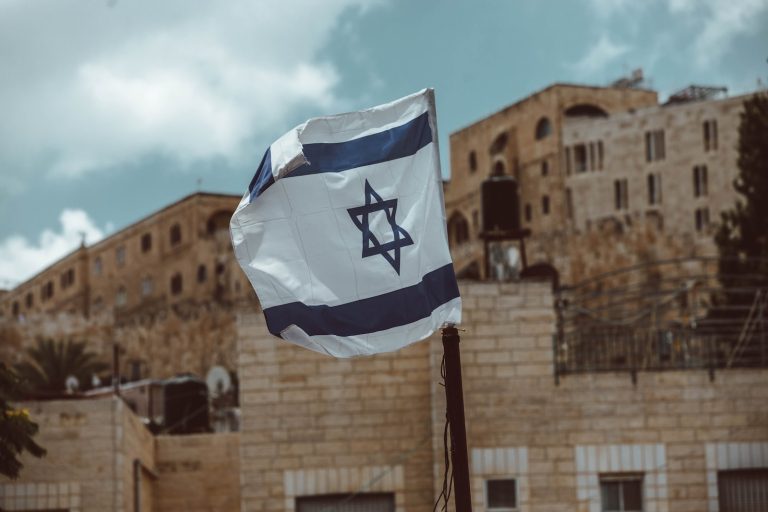
The Nakba: Tracing the Painful Footprints of Palestinian Displacement
The Nakba: Remembering a Painful Chapter in Palestinian History
The Nakba, which translates to “catastrophe” in Arabic, refers to the tragic events that unfolded in 1948 during the establishment of the State of Israel. This period marked a profound turning point for the Palestinian people, resulting in displacement, dispossession, and the loss of their homeland.
Historical Context:
The roots of the Nakba can be traced back to the late 19th and early 20th centuries when tensions between Zionist settlers and the indigenous Arab population in Palestine escalated. The Balfour Declaration of 1917, issued by the British government, expressed support for the establishment of a “national home for the Jewish people” in Palestine, further intensifying the conflict.
1948: The Year of Catastrophe:
The culmination of these tensions occurred in 1948 when the State of Israel was officially declared. The aftermath was catastrophic for the Palestinian Arab population. Mass expulsions, forced migrations, and widespread destruction of Arab villages characterized this period. Hundreds of thousands of Palestinians were displaced from their homes, becoming refugees in neighboring Arab countries or finding themselves internally displaced within the newly established Israeli borders.
Forced Displacement and Loss:
The Nakba resulted in the forced displacement of approximately 700,000 Palestinians, leading to a profound demographic and cultural shift in the region. Families were torn apart, and communities were uprooted, leaving an indelible mark on the collective memory of the Palestinian people.
Ongoing Impact:
The consequences of the Nakba continue to reverberate through generations. The issue of Palestinian refugees, the right of return, and the recognition of their historical and cultural heritage remain central points of contention in the Israeli-Palestinian conflict. The Nakba is not only a historical event but an ongoing struggle for justice, recognition, and the right to return for those who lost their homes.
Remembering and Commemorating:
Every year on May 15th, Palestinians and supporters worldwide commemorate the Nakba, reflecting on the profound impact it had on the Palestinian people. Through rallies, events, and educational initiatives, the Nakba is remembered not only as a historical event but as a symbol of resilience and the ongoing pursuit of justice.
Conclusion:
The Nakba stands as a painful chapter in Palestinian history, a moment of profound loss and displacement that has left an enduring impact on the lives of countless individuals. Understanding and acknowledging the Nakba is crucial for fostering a comprehensive and empathetic understanding of the complex narratives that shape the Israeli-Palestinian conflict. As the world continues to grapple with the complexities of this historical tragedy, the pursuit of a just and lasting resolution remains a shared aspiration for many seeking peace in the region.






Average Rating